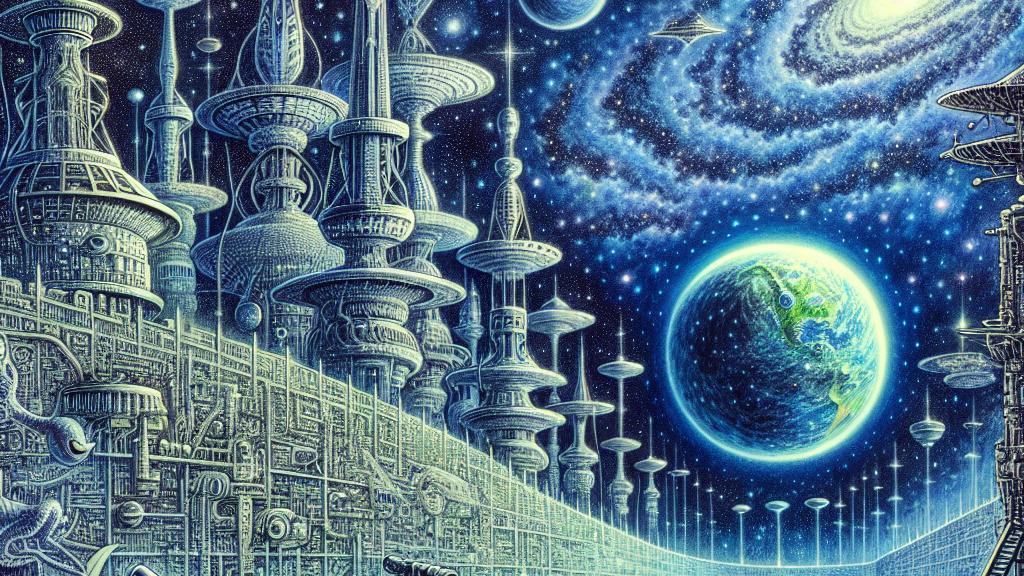Understanding the Zoo Hypothesis and Its Theories About Alien Life
Overview
- The zoo hypothesis proposes that advanced aliens might deliberately conceal their existence from humanity.
- This theory arises from Fermi's paradox, questioning why we haven't found evidence of alien life despite the universe's vastness.
- It encourages us to consider the implications of being watched by other intelligent civilizations.

The Roots of the Zoo Hypothesis
Imagine a world where alien civilizations are not just fantasies from science fiction but a potential reality quietly observing us! This captivating notion, known as the zoo hypothesis, was popularized in 1973 by astronomer John Ball but has origins that trace back long before. Enrico Fermi, a Nobel laureate, raised a thought-provoking question over lunch with colleagues: "Where is everybody?" This sparked a debate that would last decades. Despite the billions of stars and potentially habitable planets, we are not hearing from advanced civilizations. What if, the theory suggests, they are choosing to stay hidden, almost like researchers observing a delicate ecosystem, allowing humanity to evolve without interference?
Implications for Humanity's Role in the Cosmos
The implications of the zoo hypothesis are profound and exciting. Envision living in a cosmic zoo, observed by intelligent beings who decide our fate. This idea elevates our understanding of humanity's progress. Our recent technological breakthroughs, such as Mars rover missions and the development of the James Webb Space Telescope, might signal readiness for contact. These missions not only explore the wonders of our solar system but also showcase our desire to venture beyond. Imagine if an intelligent extraterrestrial civilization is waiting for us to demonstrate responsibility before unveiling themselves! This scenario prompts us to think—what kind of knowledge or collaboration could emerge from such a momentous encounter? Could they teach us to harness energy in ways we have yet to imagine?
Navigating Skepticism and Theoretical Alternatives
Nonetheless, the zoo hypothesis faces skepticism. Critics argue that it relies too heavily on assumptions regarding alien behavior without solid proof. Moreover, theories such as the Great Filter introduce further complexity. This concept proposes that intelligent life struggles with significant hurdles, meaning the path to developing advanced civilizations may be littered with existential risks. Consider this: in our short history, humanity has developed advanced technologies, but what if perilous obstacles like climate change or nuclear annihilation threaten our survival? The possibility that we might not be alone is thrilling, yet it calls into question our development and resilience. Each hypothesis not only sparks scientific inquiry but also fuels our imagination about our place in a boundless universe brimming with potential wonders.

Loading...